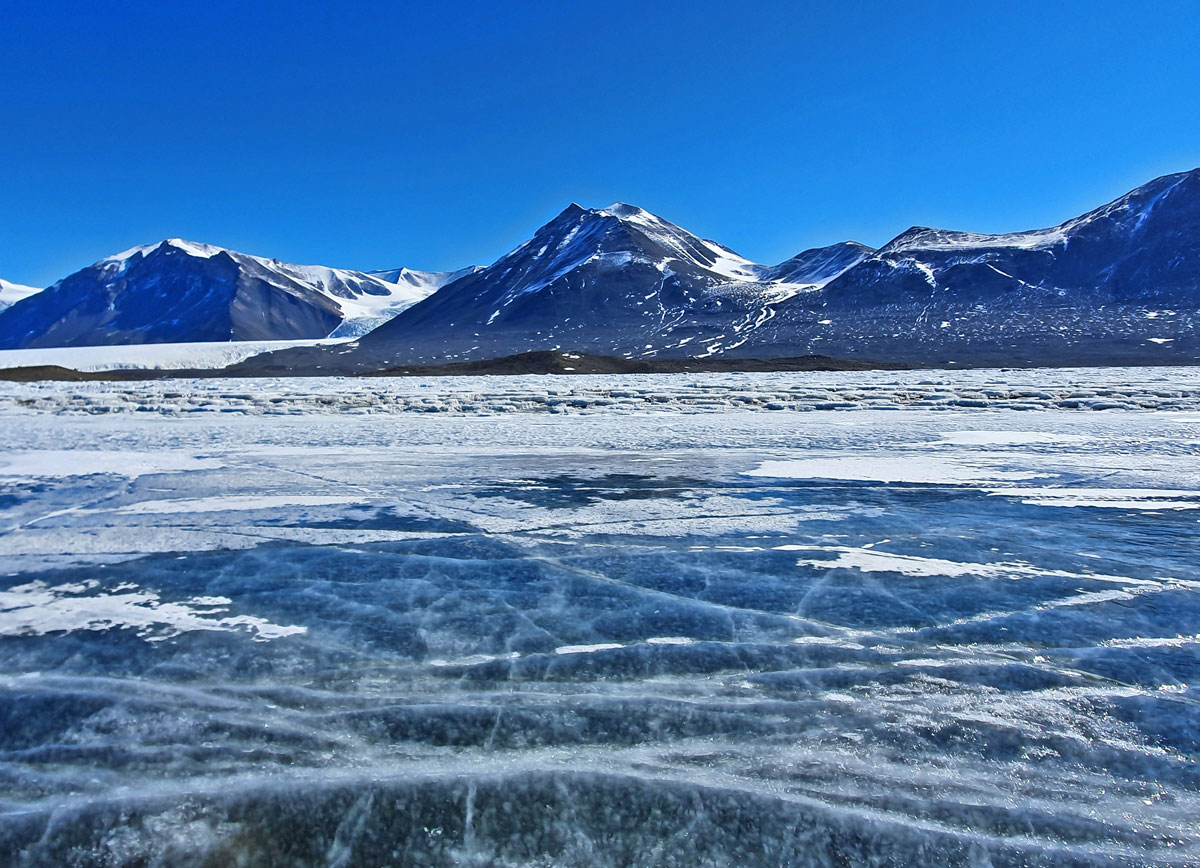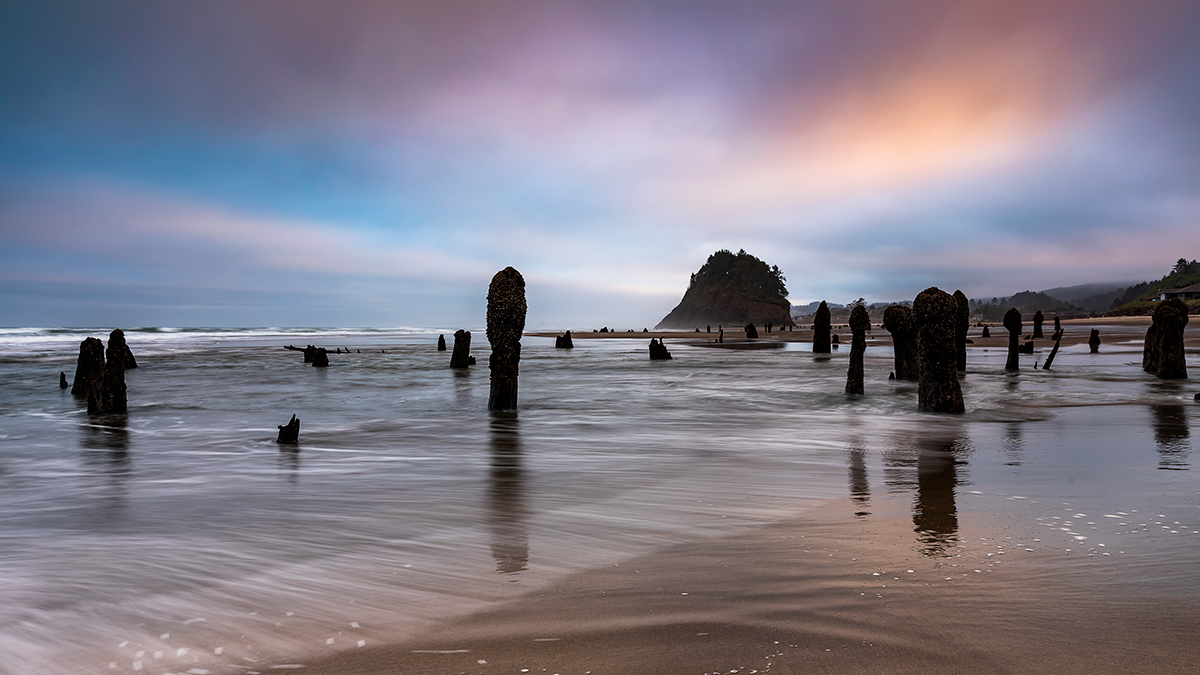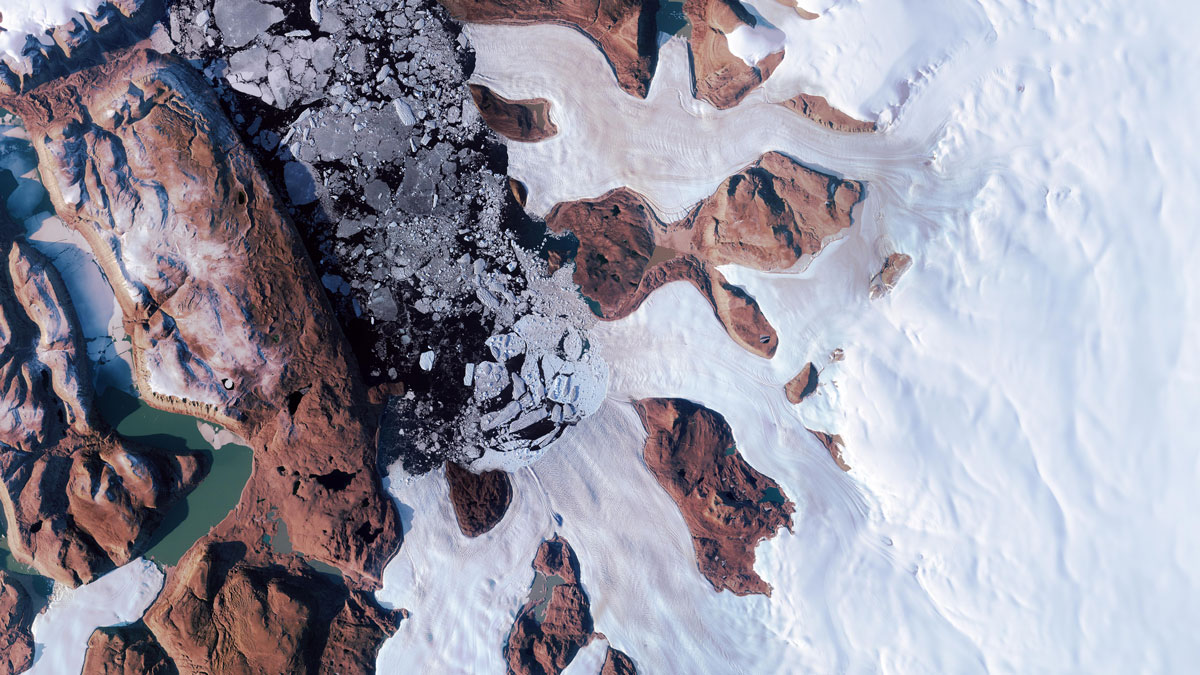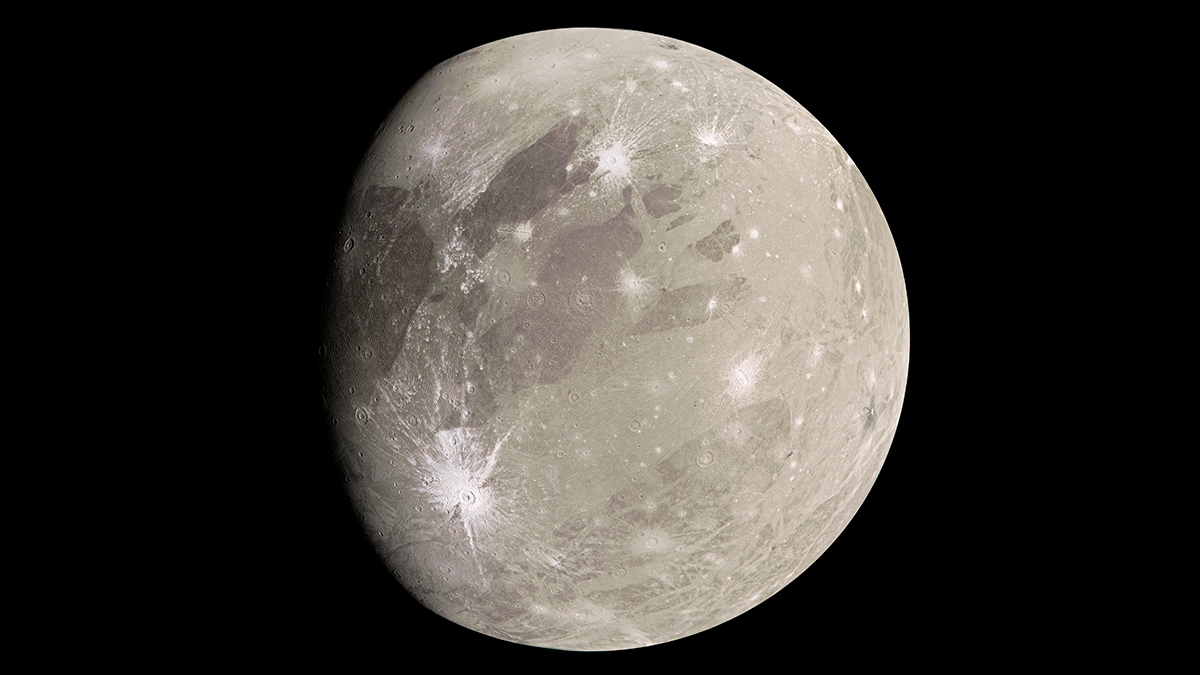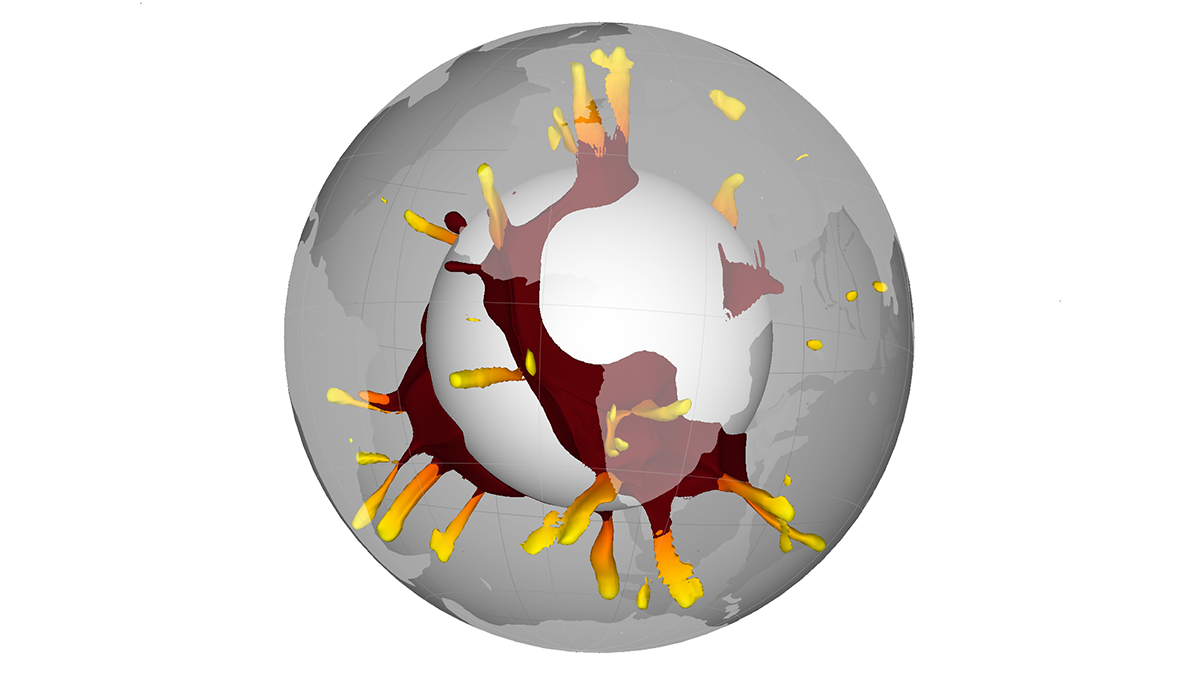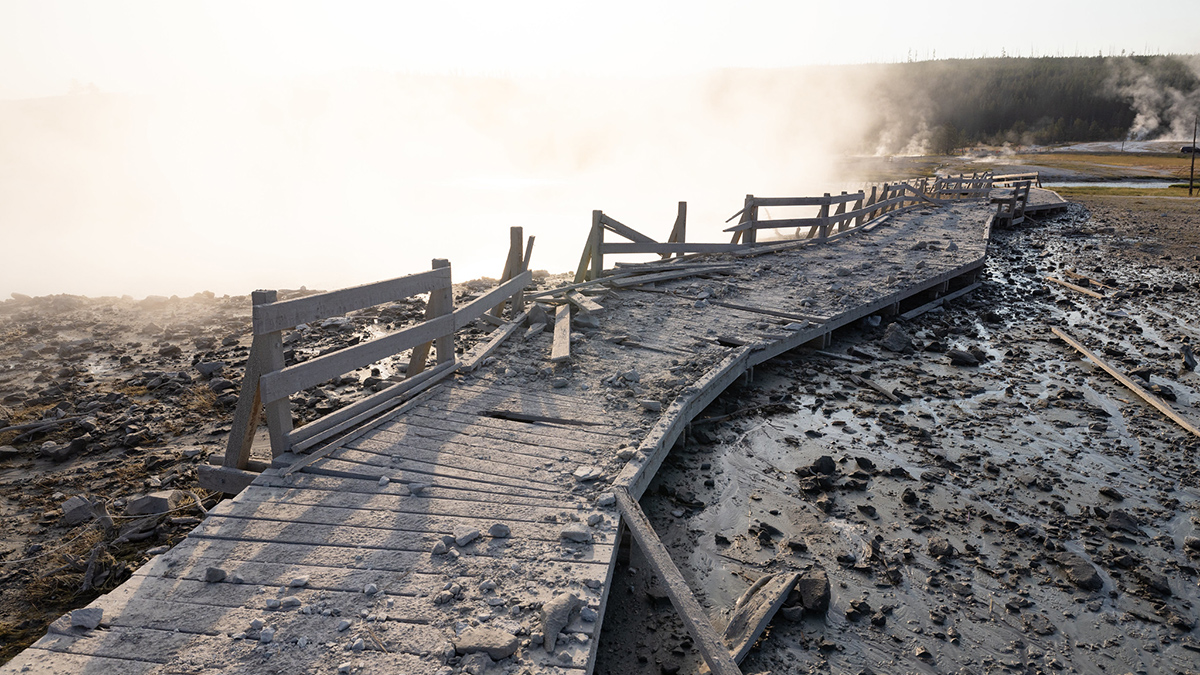Seismic surveys hint at the extent of a potential groundwater system in the White Continent.
geophysics
When Cascadia Gives Way, the San Andreas Sometimes Follows
Roughly half of the earthquakes that occurred along the southern Cascadia subduction zone over the past 3,000 years were temporally associated with earthquakes along the northern San Andreas fault.
Scientists Tune In to the Ocean’s Sound Waves
A new technique detects inaudible acoustic signals from crashing waves, opening up possibilities for monitoring sea and atmospheric conditions from shore.
Zircon Crystals Could Reveal Earth’s Path Among the Stars
Researchers found signs of melting in zircon crystals in the crust that correspond to our planet’s journey through the galaxy’s spiral arms.
New Maps of Natural Radioactivity Reveal Critical Minerals and More
High-resolution airborne radiometric surveys are covering more ground than ever to provide insights into unseen geology, mineral resource potential, and possible health hazards.
A Burst of Subglacial Water Cracked the Greenland Ice Sheet
When a lake beneath the Greenland Ice Sheet drained, its water burst through the ice sheet’s surface. This surprising event may have affected the movement of a nearby glacier.
Infrared Instruments Could Spot Exotic Ice on Other Worlds
Phases of ice that exist naturally only on frozen moons could be detected using infrared spectroscopy, according to new laboratory experiments.
Blame It on the BLOBs
For decades, scientists have suspected that large volcanic eruptions have their origins in two mysterious massive regions at the base of our planet’s mantle. Now, it’s been statistically proven.
Susanne Maciel: Marrying Mathematics and Geology
A geophysicist brings math down to Earth and reaches a rural audience.
Hydrothermal Hazards on Display in Yellowstone National Park
Tourists and officials were startled by a hydrothermal explosion at Black Diamond Pool in July 2024. Geoscientists are working out how and why it occurred to better understand these hazardous events.

